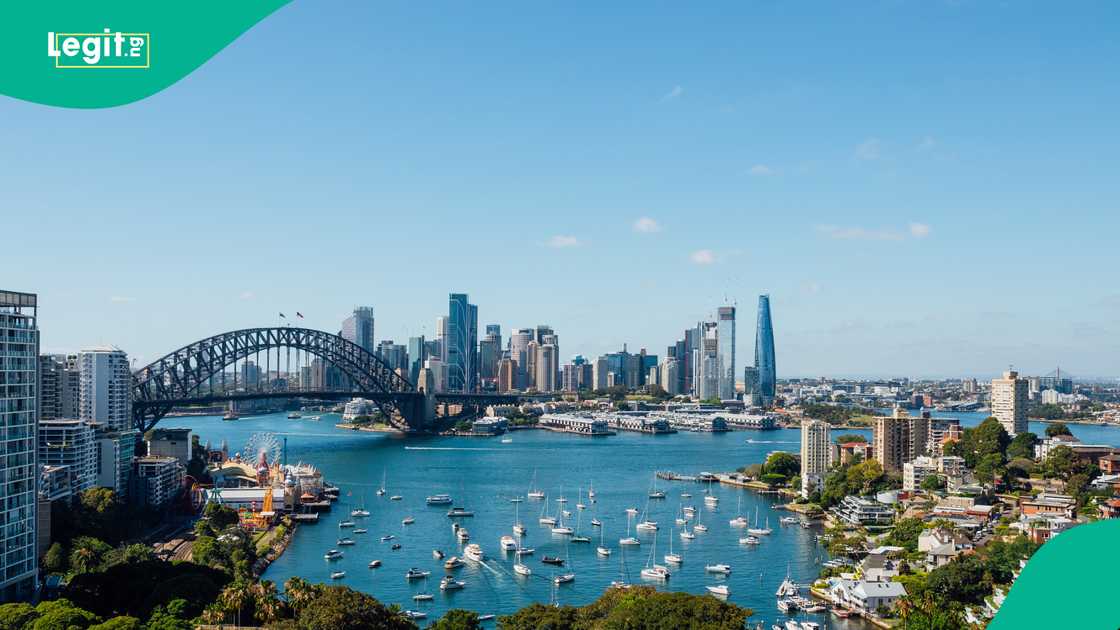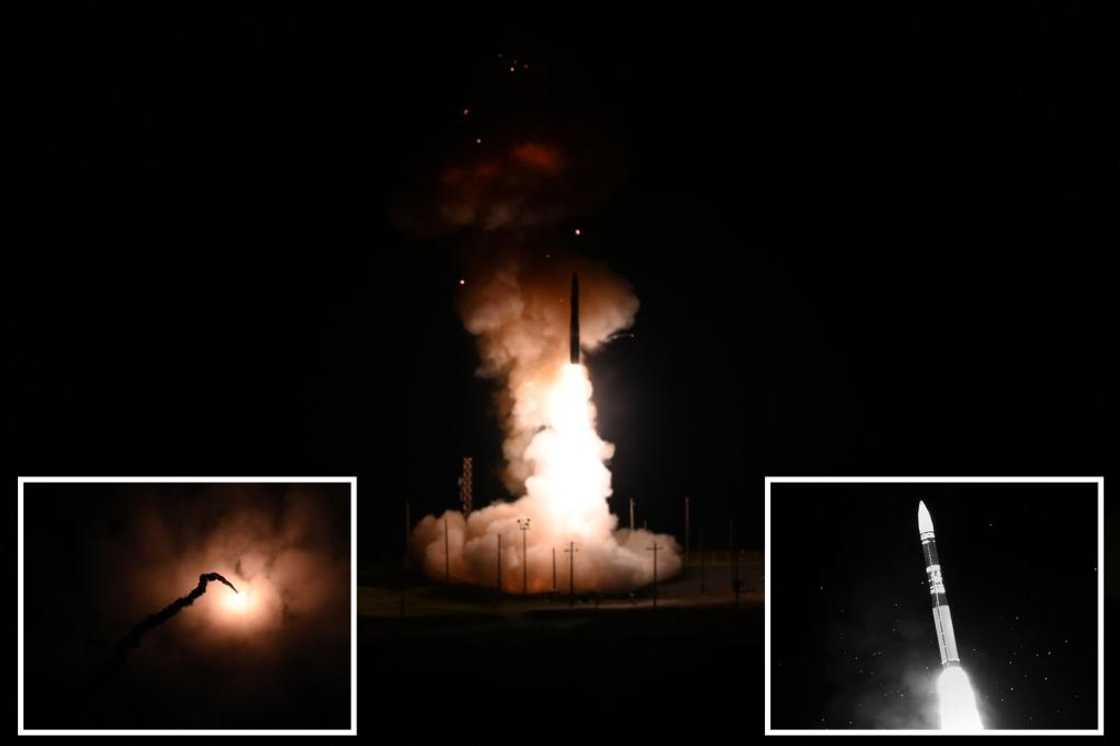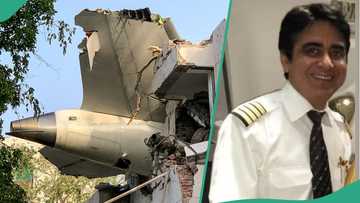Apocalypse: Expert Mentions Only Two Safe Places in the World If Nuclear War Erupts
- As global tensions rise and fears of nuclear conflict intensify, investigative journalist Annie Jacobsen has identified the safest havens on Earth in the event of Armageddon
- She points to Australia and New Zealand as the last potential strongholds capable of supporting life after a devastating nuclear war
- Drawing from expert analysis and dire predictions, her warnings paint a sobering picture of humanity’s future and where it might still survive
As geopolitical tensions escalate, fears of a potential nuclear war continue to mount—and one expert has singled out two nations where humanity might stand a chance of survival.
Investigative journalist Annie Jacobsen has drawn attention to Australia and New Zealand as the only regions potentially capable of sustaining human life in the aftermath of a full-scale nuclear conflict.

Source: Getty Images
Speaking on The Diary of a CEO podcast, Jacobsen laid out a chilling vision of the world’s fate should World War III erupt.
“Places like Iowa and Ukraine would be just snow for 10 years. So agriculture would fail and when agriculture fails, people just die,” she warned, pointing to the devastating impact of nuclear winter and radioactive fallout. According to Jacobsen, the Southern Hemisphere’s relative geographic isolation from major nuclear powers could make it the safest refuge.
Middle East tensions and fears of global escalation
The urgency of Jacobsen’s warning has been magnified by ongoing conflict in the Middle East, with Iran and Israel teetering on the edge of renewed hostilities. Ceasefire efforts remain stalled, and both sides accuse the other of violating a fragile truce.
Amid rumours of Iranian sleeper cells in the US and warnings from nuclear powers Russia and China against American involvement, many experts fear a sudden escalation could trigger worldwide catastrophe. Jacobsen noted that “hundreds of millions of people die in the fireballs, no question,” referencing the initial destruction caused by nuclear detonations.
Nuclear winter and mass starvation
Jacobsen’s recent book, Nuclear War: A Scenario, outlines how the aftermath of such a conflict would lead to prolonged global cooling. Drawing on a 2022 study by Professor Owen Toon published in Nature Food, she said, “The number that they have is five billion people would be dead.”
The concept of nuclear winter describes how fires ignited by blasts would send smoke and soot into the stratosphere, blocking sunlight and plunging global temperatures by as much as 40°F. Farming, fishing, and livestock would collapse under the environmental strain.
“People will be forced to live underground… fighting for food everywhere except for in New Zealand and Australia,” Jacobsen added.
Why Australia and New Zealand offer nuclear war survival
Jacobsen and Professor Toon cited the Southern Hemisphere—and particularly Australia and New Zealand—as possible safe zones. These countries could still maintain agricultural systems while remaining largely shielded from direct fallout due to favourable wind and ocean current patterns.
“According to Toon, those are the only places that could actually sustain agriculture,” Jacobsen said, agreeing with podcast host Steven Bartlett’s remark that relocating there might be the only viable escape.
Growing interest in fallout shelters amid nuclear fears
For Americans unable to flee, attention has turned to a Cold War relic: fallout shelters. Though not built to withstand blasts or heat waves, these shelters can protect survivors from the radioactive aftermath. Essential features include thick concrete or steel construction, air filtration systems, and months’ worth of food and water supplies.
As the world watches the fragile state of global diplomacy, Jacobsen’s stark assessment offers a sobering reminder of what’s at stake—and where hope might still flicker on a devastated planet.

Source: Twitter
Asian stocks up as Trump announces Iran-Israel ceasefire
Legit.ng earlier reported that Asian shares gained and oil prices were down Tuesday, as fears of an energy market shock eased following US President Donald Trump's announcement of a ceasefire between Iran and Israel.
Investors were relieved that Iran did not retaliate to a US attack on its nuclear facilities by throttling oil transport through the strategic Strait of Hormuz.
On Monday, Iran said it had launched missiles at a major US base in Qatar, which described the situation as stable, while analysts said oilfield assets were unaffected.
Source: Legit.ng




